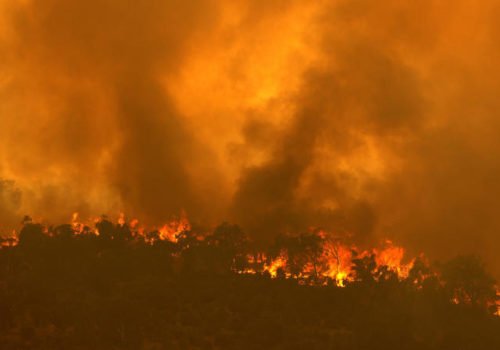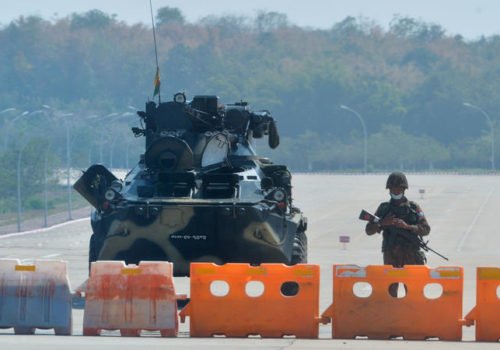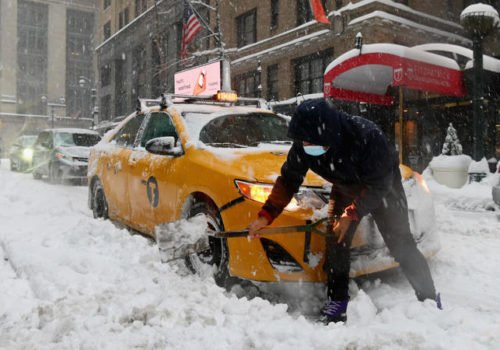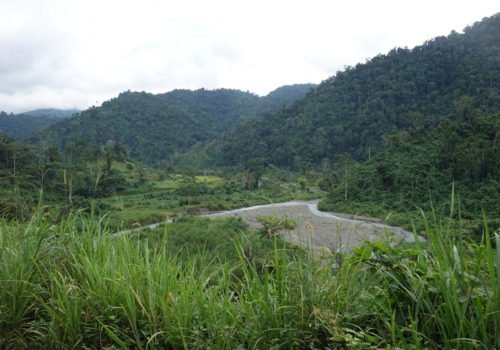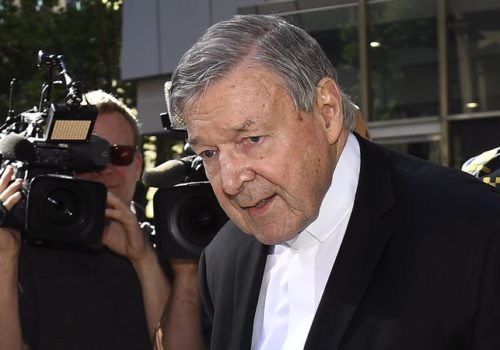Dozens of homes lost to bushfire in Perth Hills, WA
Australian authorities say 56 homes have been lost to a massive bushfire that continues to burn out of control east of Perth.
A fire driven by strong winds burns on a ridge in the suburb of Brigadoon in Perth Photo: AFP
Department of Fire and Emergency Services (DFES) Commissioner Darren Klemm said that figure was likely to grow as teams completed their damage assessments.
The blaze has so far burnt through 7300 hectares inside an 80-kilometre perimeter.
An emergency warning is in place for parts of the shires of Mundaring, Chittering and Northam, and the City of Swan, forcing dozens of residents to flee amid confusion over the Covid lockdown.
More than 2700 properties have been left without power as the fast-moving fire remains unpredictable, while two firefighters sustained minor injuries battling the blaze.
A large aerial tanker from New South Wales (NSW) will arrive in Western Australia (WA) today to help about 250 firefighters and aerial crews battle the blaze.
"The main task for today is to try keep the fire within the boundary that we had this morning," Klemm said.
"We've had challenging conditions, but we've been able to deal with a couple of breakouts on the western edge and the southern flank.
"It's still mid-afternoon, so we've still got a fair way to go.
"Today has been a much better day than we had yesterday.
"An additional large air tanker is on its way from NSW and will land here at half past five this afternoon."
Klemm said about 15-20 of the homes lost were on the eastern side of Toodyay Road, with the rest in the Tilden Park area.
"DFES will assist local governments of Swan and Mundaring to work through a process to notify those home owners of the loss of those homes," he said.
"The Rapid Damage Assessment Team will continue throughout this afternoon and tomorrow, and there is a likelihood that the number of homes lost will increase once that work has been completed.
"What we'll see over the next couple of days is a move toward a more south-easterly wind, so work is underway at the moment to deal with the northern and southern flank of the fire."
Klemm said there was no loss of life, no injuries to the public and no members of the public unaccounted for.
Earlier today, WA Premier Mark McGowan described the fire as "extremely dangerous".
"DFES advise they have lost 80 per cent of all properties in the rural area of Tilden Park in Gidgegannup," McGowan said.
People watch as a fire burns in Perth Photo: AFP
McGowan said he had briefed the Prime Minister on the "extremely concerning" blaze as well as the Covid situation earlier this morning.
"Right now, WA is battling two different kinds of emergencies," he said.
On Sunday evening, Perth and parts of WA were plunged into a five-day snap lockdown after a patient with the virulent UK strain of Covid was detected in the community.
Wind hampering fire fighting effort
DFES deputy commissioner Craig Waters said strong winds were hampering the fire fighting effort.
"Currently the fire is tracking in a west, south-westerly direction," he said.
"The changing weather conditions this morning, with a changing wind direction, is putting pressure on the southern flank of the fire."
He said those who had not already put their bushfire plan in place needed to do so straight away.
"If you're in the shaded area in the incident map, it is too late to leave and you need to shelter in place.
"For all other areas, the best option is to leave early."
Fire crews 'fatigued'
Waters said firefighters were maintaining their coronavirus responsibilities.
"We've put in our own processes around Covid restrictions, we have restrictions on the number of firefighters in vehicles, you'll notice all fire fighters are wearing masks and maintaining social distancing."
He said fires were increasingly becoming harder to control, with little relief offered once the sun goes down.
"I think just the sheer nature of the fire doubling in size over the evening, we don't historically see much fire activity (overnight)," he said.
"In the last couple of years we've seen increased fire behaviour, with rapid escalation overnight, and the changing climate and just moisture deficits throughout the soil is impacting how fire behaves.
"Last year Yanchep was a similar experience, rapid escalation, and areas where we generally would be able to pull-up fires in low fuel-loaded areas, we're just seeing them skip through and the fire behaviour is so intense we just don't get a handle on them."
Waters said fire crews were fatigued, after battling the blaze for more than 24 hours.
Equestrian WA chair Ron Fleming said the community had banded together to help care for about 300 horses evacuated from the fireground.
Smoke hangs over city as eastern region burns
Earlier today, City of Swan Mayor Kevin Bailey said property losses had been "significant".
"The fire was very aggressive during the night, it was very windy in Perth yesterday afternoon and through last night.
"The fire has now come down out of the hills towards the flat part of the plains, so there's an awful lot of smoke through the northern suburbs of Perth and a number of our suburbs are very much affected by that smoke so it's a very large fire."
Evacuation centres have been set up at the Brown Park Complex in Swan View and Swan Active in Midland.
'Resilient' Perth Hills a bushfire-prone area
Bailey said he had been to the fire ground early this morning.
"There were a number of people there that had stayed to defend quite successfully," he said.
"But I think there's been some people that have lost their homes despite their efforts and they've had to go at the last minute.
"The hills of Perth are very resilient and fire plans have been in place for a long time so it's very pleasing to see people react early, go early and look after themselves."
Bailey said when he had visited the evacuation centre last night around 10pm there had been about 50 people there, and that number would have likely grown overnight.
"We expected significant numbers, but a lot of people had relocated to other people's homes, especially with the Covid restrictions that are on they'd taken that option rather than go into a large crowd," he said.
"So, a significant number of people have been relocated."
Two injured firefighters recovering well
Two firefighters were injured overnight but are recovering.
"We've had one firefighter taken to hospital with some smoke inhalation issues and I understand they're now recovered quite well," Bailey said.
Deputy commissioner Waters earlier told ABC Local Radio the other injured firefighter had worked through the night.
"One firefighter has superficial burns to his ear," he said.
"He maintained on the fireground overnight and was actively fighting the fire as well so yeah superficial injuries to those firefighters."
- ABC

